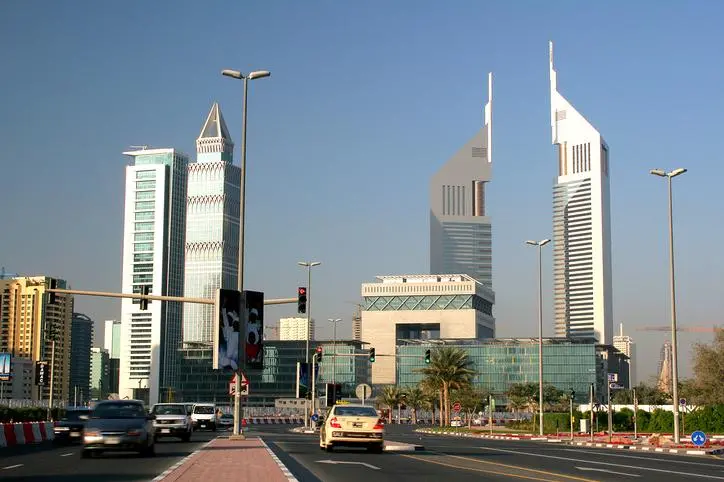PHOTO
The UAE continued to dominate merger and acquisition (M&A) market in the GCC in the third quarter of the year, while Bahrain and Saudi Arabia saw their growth rates diverge in very different directions.
The UAE closed 14 M&A transactions in Q3, representing nearly half of the 29 deals signed off in the region during the period, according to the latest research report by investment firm the Kuwait Financial Centre (Markaz).
The GCC total of 29 deals closed in the quarter is the same compared to same 2017 period, but was down 26 per cent quarter-on-quarter compared to the 39 deals closed in second quarter 2018, Markaz said.
According to data revealed by Baker McKenzie, the UAE was the most active acquirer country both by volume and value in H1 2018, comprising more than 75 per cent of the total value of cross-regional deals originating from the Middle East, with $5.8 billion out of 35 outbound deals.
The US was the top target country by volume with 13 deals, while Turkey was the top target country by value as a result of the $3.2 billion acquisition of Turkey-based Denizbank SA by Emirates NBD Bank.
Recent Data released by Thomson Reuters also support the strong show of M&A activity in the region. Merger and acquisition transactions with Middle Eastern and North African involvement reached an eight-year high $33.9 billion during Q2 2018, up 74 per cent in compared to the same 2017 period.
Deals with a Middle Eastern and North African target reached an all-time high rising to $21.3 billion, up 110 per cent from the same period in 2017 while inter-Mena or domestic deals reached a five-year high, also up 232 per cent from year-on-year, according to by Thomson Reuters report.
"Driven by Saudi British Bank acquisition of the entire share of capital of Alawwal Bank for $5 billion, Mena inbound M&A currently stands at an all-time high. On the other hand, outbound M&A decreased from $6.9 billion in Q2 2017 to $6.6 billion so far this year," Thomson Reuters said in a report.
Markaz report said Bahrain closed three deals in Q3 compared to none in same 2017 period, while Saudi Arabia reported just two deals, compared to eight in four in the same period last year.
Kuwait reported eight M&A transactions in the period, compared to 11 in second quarter 2018 and seven in 2017 third quarter.
M&A deals in Oman rose to two deals in the latest quarter, while Qatar again saw no deals in Q3.
In terms of sectors, financial and information technology was by far the most active, accounting for 48 per cent of transactions, while healthcare, media and utilities each accounted for three per cent of all deals.
GCC-based firms accounted for 69 per cent of closed deals, but the appetite differed among the six countries. Kuwaiti investors preferred deals within their home country, Saudis generally looked within the wider GCC, while Emirati, Qatari and Bahraini investors tended to look overseas outside the GCC.
The biggest deal announced during the quarter was United Energy Group's plan to acquire 100 percent of Kuwait Energy, in a deal valued at $491 million. The biggest deal closed in the quarter was India's Shree Cement's $305 million deal to acquire 93 percent of Union Cement in the UAE.
Deals targeted by foreign investors in the GCC rose to seven transactions during third quarter, all of which were in the UAE.
Copyright © 2018 Khaleej Times. All Rights Reserved. Provided by SyndiGate Media Inc. (Syndigate.info).





















